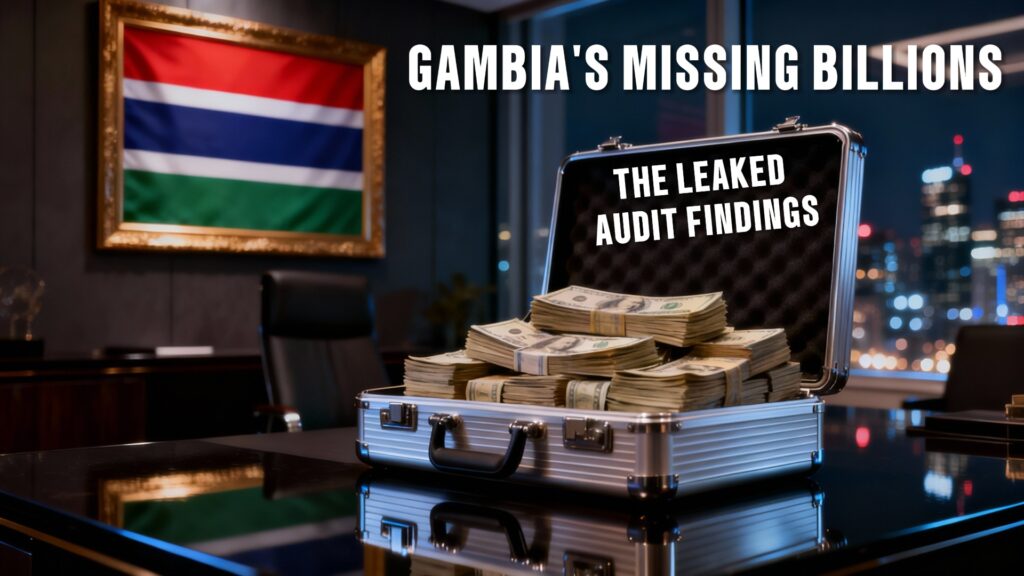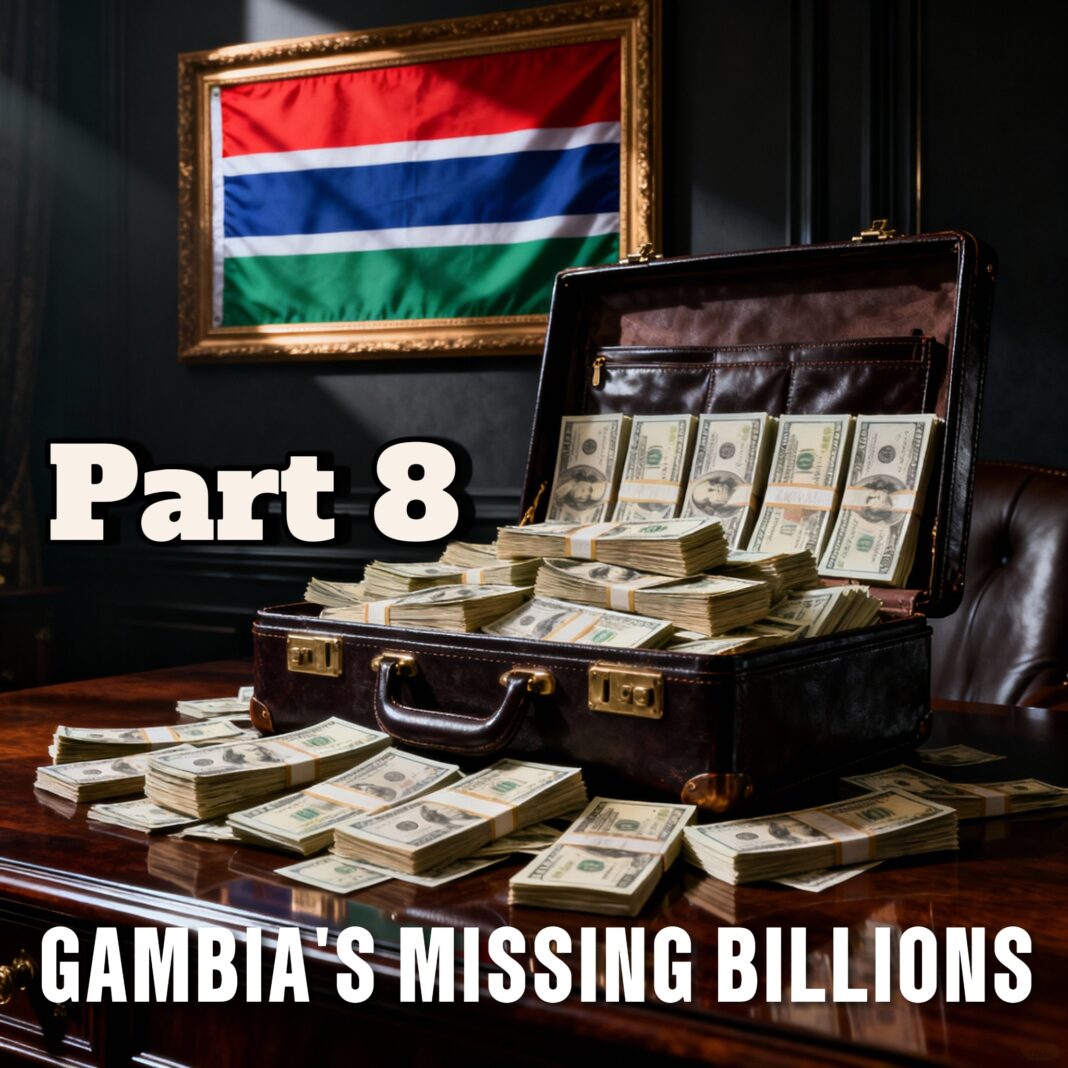
When a Ministry Denies, but the Audit File Speaks Louder
When the Ministry of Works called the Auditor General’s report “false,” they hoped citizens would read the press release instead of the 347-page audit.
But page after page, the facts are there: every finding they denied remains unresolved.
Now that citizens have the evidence, it’s time to ask what will happen next.
1. The Law Is Clear — “Unresolved” Means “Outstanding”
Under Section 175 of the Public Finance Act 2014, any unresolved audit finding must be corrected, explained, or sanctioned within a prescribed period.
That means:
• Every D9.8 million overpayment on the Banquet Hall must be recovered or justified.
• Every D377 million road discrepancy must be reconciled with contract evidence.
• Every D138 million misuse of the Contingency Fund must be refunded to the correct vote.
• Every 15 % WHT rule breach must be repaid to GRA.
Until that happens, those accounts remain non-compliant with Gambian law.
2. FPAC’s Duty — Demand the Files, Not the Speeches
The Finance and Public Accounts Committee (FPAC) is not there to trade press statements.
Its constitutional role is to summon ministries and demand supporting documents, PVs, addenda, GPPA approvals, IFMIS postings, and bank slips.
FPAC should now:
- Call the Ministry of Works and NRA to produce all missing documents within 14 days.
- Hold public hearings broadcast live on GRTS.
- Recommend recovery of any unsupported payments through the Accountant General and GRA.
- Forward persistent non-cooperation to the Attorney General for legal action.
3. Recovery Is Not Optional
Unapproved or excess payments are not “clerical errors.”
They are debts owed to the nation.
If contractors were overpaid or the same AC units were billed twice, the amounts must be recovered with interest through the Treasury.
If utilities were wrongly paid from the Contingency Fund, the Ministry must refund the Consolidated Fund and issue new procedures to prevent repeat abuse.
4. Transparency Tools Citizens Should Demand
Ordinary Gambians can keep this conversation alive by insisting on:
• Quarterly publication of all road-project payments and GPPA approvals.
• Online dashboards linking each project to its IFMIS expenditure code.
• Public audit summaries in plain English or local languages on GRTS and radio.
Because when people can see the money trail, lies can’t survive.
5. What the Auditor General Already Did — and Why It Matters
The Auditor General did not accuse of politics; he documented facts:
• Each “finding unresolved” means the file was requested and not produced, or the response lacked proof.
• The Management Letter shows no single issue cleared for Banquet Hall or North Bank Roads.
• Even the Ministry’s responses admit “we will share as an addendum once received.” Two years later, the addenda remain missing.
That is not resolution, that is avoidance.
6. The People’s Role
The audit belongs to the citizens who paid the taxes.
Keep asking:
“Where are the receipts, where is the GPPA letter, where is the PV?”
To keep these questions public, use radio call-ins, WhatsApp groups, and community meetings.
Because silence is what corruption feeds on.
7. The Final Reminder to the Ministry
Press releases can’t erase audit trails.
If the Ministry wants to prove transparency, it should publish:
• The complete contract files for Banquet Hall, North Bank Lot 1 & 2.
• The bank statements showing every payment tied to a PV.
• The GPPA no-objection letters with reference numbers.
Until that’s done, their denials remain political, not factual.
8. The Call to Posterity
One day, future civil servants will read these 2023 pages and ask:
When the evidence was clear, why didn’t we act?
Let’s make sure our generation answers proudly:
“We read the audits, demanded justice, and closed the side doors.”
By Jallow Modou — Washington D.C. – Financial Analyst
Making the Audit Speak for the People


